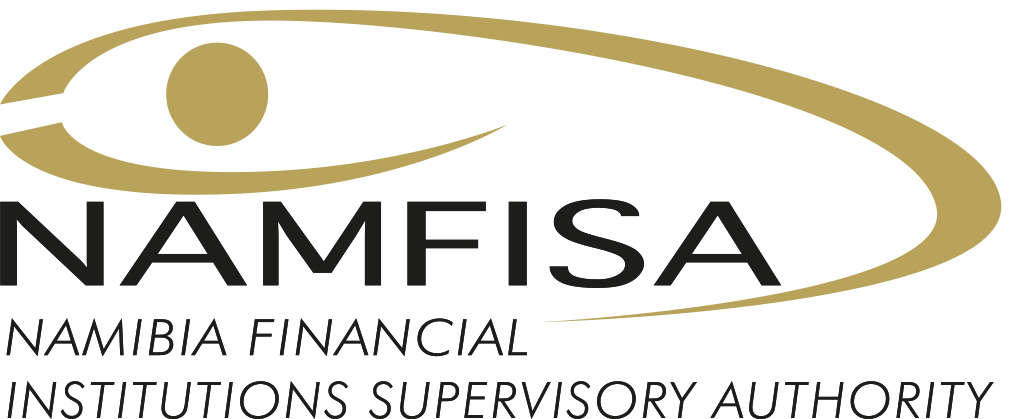From the CEO’s Office
In the first edition of Consumer Education Bulletin this year, I highlighted NAMFISA’s role as being critical for the achievement of the effectiveness and efficiency of the financial sector, alleviation of poverty and reduction of unemployment, protection of consumers, enhancing consumer financial literacy and ultimately the attainment of Vision 2030.
One of the key strategic intents in NAMFISA’s new corporate strategy is to ‘have well informed and financially literate consumers of financial products and services.’ This also ties in with one of NAMFISA’s strategic objectives which is to ‘educate consumers of financial services and products’
From the onset, NAMFISA has made consumer education and protection a key imperative in the achievement of the overall objective of prudent regulation and supervision of the financial sector.
It is against that background that we have decided to focus this edition of NAMFISA’s Consumer Education Bulletin on the critical aspect of debt management. More information about how to manage personal debt is also available on the NAMFISA website (www.namfisa.com.na).
One of the key strategic intents in NAMFISA’s new corporate strategy is to ‘have well informed and financially literate consumers of financial products and services.’ This also ties in with one of NAMFISA’s strategic objectives which is to ‘educate consumers of financial services and products’
From the onset, NAMFISA has made consumer education and protection a key imperative in the achievement of the overall objective of prudent regulation and supervision of the financial sector.
It is against that background that we have decided to focus this edition of NAMFISA’s Consumer Education Bulletin on the critical aspect of debt management. More information about how to manage personal debt is also available on the NAMFISA website (www.namfisa.com.na).
Understanding the Debt Challenge
The FinScope Consumer Survey for 2011/12 indicates that 60% of the respondents have difficulty in keeping up with their financial commitments while 76% have problems making ends meet.
These figures are supported by media reports and personal accounts of people who swim in a pool of debt, not knowing how they will survive from month to month.
It is unfortunate to hear and read about people who have lost valuable properties like houses, cars and other movable assets because they were unable to settle their debts. And in most cases these debts are entered into not because people want to use the money for something worthwhile but merely to entertain themselves or satisfy their economic ‘wants’ which in most cases are short lived luxurious items or services.
Productive vs. Unproductive Borrowing
Borrowing or entering into debt is not necessarily bad, but borrowing for productive purposes (school fees, starting a business, etc.) is however more meaningful. In the Namibian context, borrowing is predominantly for consumption (to make it to the end of the month or to buy luxuries) and consequently it leads to over indebtedness which in turn becomes a vicious circle resulting in more problems, such as repossession of fixed and movable properties.
Being in debt does also not just have negative consequences, it also limits a person’s chances of investing their money in worthwhile initiatives such as starting his/her own business, paying for school fees, etc.
Being in debt does also not just have negative consequences, it also limits a person’s chances of investing their money in worthwhile initiatives such as starting his/her own business, paying for school fees, etc.
Debt and Well-being
Studies have revealed that people dealing with huge debts were likely to report health problems such as ulcers, migraine, anxiety, depression and even heart attacks.
For a nation that is striving to become “a prosperous and industrialized Namibia, developed by her human resources”, we can certainly not afford to have an unhealthy human resource corps that is caught in a spiral of debt.
Promoting a Culture of Saving
The culture of saving and proper debt management, therefore, needs to be promoted by all means necessary. The best way to manage and eliminate debt is simply to develop a realistic budget and to start tracking expenses and live within our means.
You will read more of that in this and future editions of the NAMFISA Consumer Bulletin.
You will read more of that in this and future editions of the NAMFISA Consumer Bulletin.
Empowering Consumers Through Education
Our Consumer Education Programme is part of the broader corporate strategic and national effort under the National Financial Literacy Initiative which was launched in March this year. Under this noble Initiative we aim to, amongst others, increase knowledge and skills on financial services, products and institutions and increase awareness of consumer rights and responsibilities.
Only when people are well informed about their financial rights, responsibilities and all available options will they make calculated decisions that do not land them in debt and force them to lose their properties and their dignity. Their risk to debt will therefore also be minimized as a result of these educational initiatives.
Phillip Shiimi
Only when people are well informed about their financial rights, responsibilities and all available options will they make calculated decisions that do not land them in debt and force them to lose their properties and their dignity. Their risk to debt will therefore also be minimized as a result of these educational initiatives.
Phillip Shiimi
